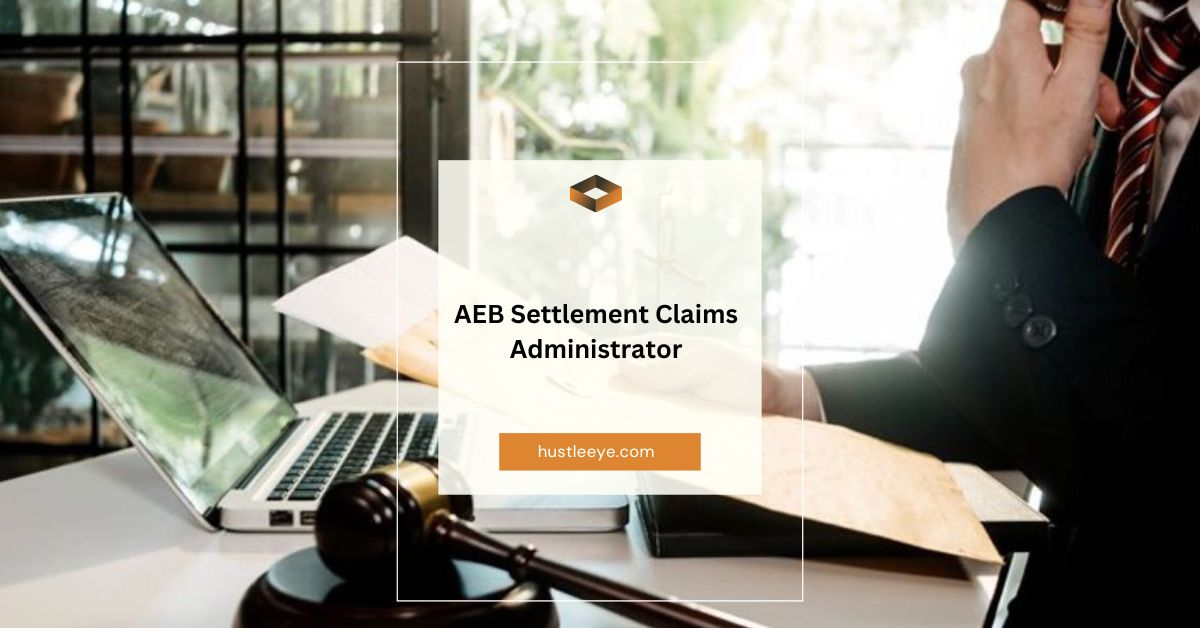The term “AEB Settlement Claims Administrator” refers to the entity responsible for managing the claims process in the class action lawsuit settlement related to defective Automatic Emergency Braking (AEB) systems in certain Audi and Volkswagen vehicles. This role is crucial for ensuring that affected vehicle owners and lessees receive the compensation they are entitled to under the terms of the settlement.
The class action lawsuit, Emily Dack, et al. v. Volkswagen Group of America, Inc., et al., alleges that the AEB systems in certain Audi and Volkswagen models were defective, causing them to activate unexpectedly, which posed a significant safety risk. The settlement offers affected consumers the opportunity to receive compensation, but the process of filing a claim can be complex and requires careful navigation—this is where the AEB Settlement Claims Administrator comes in.
Table of Contents
The Importance of the AEB Settlement Claims Administrator
The AEB Settlement Claims Administrator plays a pivotal role in ensuring that the settlement process is fair, transparent, and accessible to all eligible class members. This entity is tasked with a variety of responsibilities, including:
- Managing the Claims Process: The administrator oversees the entire process of submitting, reviewing, and approving claims. This involves verifying the eligibility of claimants, ensuring that all required documentation is provided, and making determinations on the validity of each claim.
- Distributing Compensation: Once claims are approved, the administrator is responsible for distributing the appropriate compensation to the affected individuals. This could include reimbursements for repairs, extended warranty coverage, or other forms of financial relief as outlined in the settlement agreement.
- Providing Information and Assistance: The administrator is also responsible for offering guidance and support to claimants throughout the process. This includes maintaining a website, a hotline, and other resources to help class members understand their rights and navigate the claims process.
Read More: Fearscans: A Deep Dive into the World of Manga Scanlation
Understanding the AEB System Defects:
The Automatic Emergency Braking (AEB) system is designed to prevent or mitigate collisions by automatically applying the brakes when a potential collision is detected. However, in the case of certain Audi and Volkswagen models, the AEB systems were found to be defective, causing them to activate suddenly and without reason. This defect led to numerous safety concerns and prompted the class action lawsuit.
1. Affected Vehicles:
The settlement covers a wide range of Audi and Volkswagen vehicles equipped with the defective AEB systems. Some of the affected models include:
- Volkswagen Arteon (2019-2023)
- Volkswagen Atlas (2018-2023)
- Volkswagen Golf (2016-2021)
- Audi A3 (2015-2020)
- Audi Q5 (2013-2023)
This is just a partial list, and the full range of affected vehicles is extensive. If you own or lease one of these models, you may be eligible to file a claim through the settlement.
Read More: Tomiwabold Olajide: A Comprehensive Insight into a Cryptocurrency Visionary
Filing a Claim: Step-by-Step Guide
To file a claim as part of the AEB settlement, follow these steps:
- Determine Eligibility: First, verify whether your vehicle is part of the settlement. This can be done by checking the Vehicle Identification Number (VIN) against the list of eligible vehicles. The AEB Settlement Claims Administrator typically provides a VIN lookup tool on their official website.
- Gather Documentation: Collect all necessary documents, including repair receipts, warranty information, and any correspondence related to the AEB system issues. These documents will be required to support your claim.
- Submit Your Claim: Complete the claim form provided by the AEB Settlement Claims Administrator. This can usually be done online, by mail, or by phone. Ensure that you provide all requested information accurately and thoroughly.
- Await Processing: After submitting your claim, the AEB Settlement Claims Administrator will review it for completeness and eligibility. This process may take several weeks or even months, depending on the volume of claims received.
- Receive Compensation: If your claim is approved, you will receive the appropriate compensation as outlined in the settlement. This could be in the form of a reimbursement, an extended warranty, or another form of financial relief.
Read More: Unlocking Nostalgia: A Deep Dive into Retro Bowl Unblocked 76
Legal Options Beyond the Settlement:
While the class action settlement offers a pathway to compensation, it is not the only option available to affected vehicle owners. Some consumers may choose to pursue a lemon law claim instead. Lemon laws vary by state but generally provide stronger protections for consumers who purchase defective vehicles. If your vehicle’s AEB system has caused significant issues that were not resolved through warranty repairs, a lemon law claim may offer a more substantial settlement.
Read More: The Top 3 Classic Ford Cars: A Journey Through Automotive History
Opting Out of the Settlement:
If you believe that the class action settlement does not adequately address your situation, you have the option to opt-out of the settlement and pursue your own legal action. Opting out allows you to file a separate lawsuit, such as a lemon law claim, which could potentially result in a higher settlement. However, opting out also means that you forfeit any rights to compensation under the class action settlement.
To opt-out, you must notify the AEB Settlement Claims Administrator by a specified deadline. This deadline is usually well-publicized, but it’s essential to act promptly if you decide to take this route.
Read More: Elizabeth Bowes Gregory: A Comprehensive Insight into the Life of a Celebrity Daughter
Frequently Asked Questions (FAQs)
1. What is the AEB Settlement Claims Administrator?
The AEB Settlement Claims Administrator is the entity responsible for managing the claims process in the class action lawsuit settlement related to defective AEB systems in certain Audi and Volkswagen vehicles. Their role includes verifying claims, distributing compensation, and providing assistance to claimants.
2. How do I know if my vehicle is eligible for the settlement?
You can verify your vehicle’s eligibility by checking its Vehicle Identification Number (VIN) against the list of eligible vehicles provided by the AEB Settlement Claims Administrator. This can typically be done using an online VIN lookup tool on the administrator’s website.
3. What compensation can I receive from the settlement?
Compensation may include reimbursements for AEB system repairs, extended warranty coverage, or other forms of financial relief as outlined in the settlement agreement. The exact amount depends on your specific circumstances and the details of the settlement.
4. Should I opt out of the settlement?
Opting out of the settlement may be beneficial if you believe that pursuing a separate legal action, such as a lemon law claim, would result in a higher settlement. However, opting out also means forfeiting any compensation under the class action settlement. It’s advisable to consult with a legal expert before making this decision.
5. How long does the claims process take?
The duration of the claims process can vary, but it typically takes several weeks to several months. The AEB Settlement Claims Administrator will review your claim and notify you of their decision as soon as possible.
6. Can I file a lemon law claim if I participate in the settlement?
If you participate in the class action settlement, you generally cannot pursue a separate lemon law claim for the same issues. However, if you opt-out of the settlement, you retain the right to file a lemon law claim or other legal actions independently.
Conclusion:
The role of the AEB Settlement Claims Administrator is crucial in ensuring that affected Audi and Volkswagen owners receive fair compensation for the defects in their vehicles’ AEB systems. By understanding the claims process, your legal options, and the implications of opting out, you can make informed decisions that best suit your situation. Whether you choose to participate in the settlement or pursue other legal avenues, it’s essential to act promptly and seek expert advice when needed.

